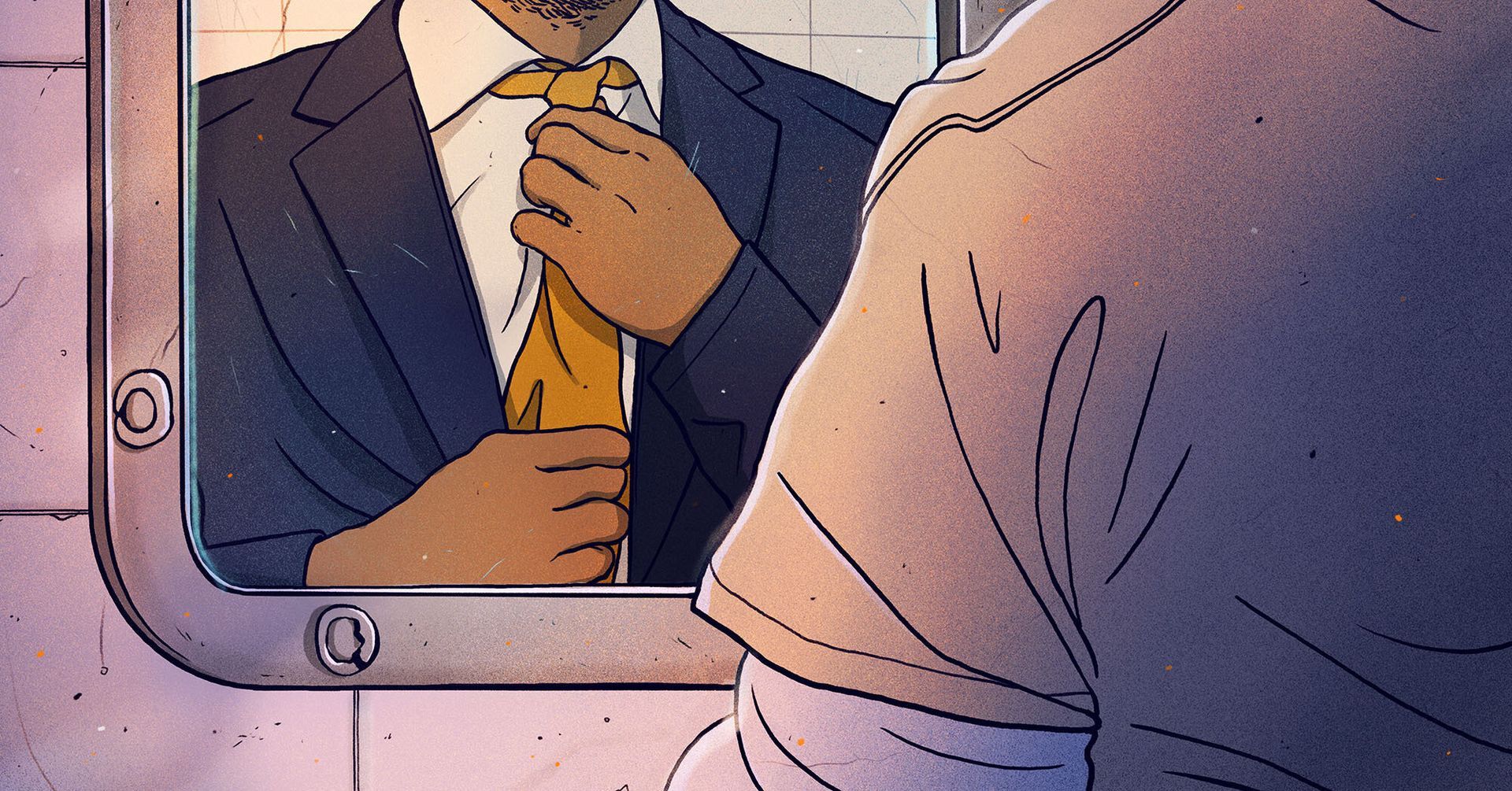Voices of the Incarcerated - Finding Dignity in Prison
How can prisons work to respect the intrinsic worth of the people incarcerated inside?

Despite a larger commitment to human dignity, in most countries, the United States foremost among them, a standard of human dignity does not guide the law or policymaking processes. The US Supreme Court has, on occasion, offered sweeping platitudes about the application of human dignity to people in prison, but it has never used this concept to do more than ensure that incarcerated people are supplied with their basic needs or to condemn truly degrading treatment. As a result, institutions haven't created a clear standard of human dignity and no legislation in the United States explicitly affirms obligations regarding human dignity.
In a practical sense, by adopting human dignity as the guiding ideal to govern imprisonment, many aspects of prison life and administration need to change; staff training and philosophy, programming and treatment offered to people in custody, the material conditions of confinement that incarcerated people live under, and even an institution’s physical design and layout. Prisons will have to create, improve, or expand policies and practices that facilitate respect for human dignity, while minimizing or avoiding others that will likely corrode it.
Shining a light on the voices inside and providing that platform for reflection, introspection and growth is one way we can advance and develop that commitment to human dignity for incarcerated persons. The Marshall Project regularly features stories in a series called "Life Inside," perspectives from those who work and live in the criminal justice system. A recent feature written by Darrell Jackson, serving an LWOP sentence in Washington State, discusses how a borrowed blazer, suit and tie for a recent dress-up day brought the self-awareness that he was bigger than his incarceration status.
Excerpts from the essay "How a Borrowed Blazer, Tie and Dress Shirt Helped Me See Myself as a Man, Not a Prisoner" are featured below.
*****
The old saying “clothes make the man” reminds us that what we wear signals our status in the eyes of others. But during a recent event at Washington Corrections Center, a change in clothing helped me see myself as a man, not just as an “inmate.”
This story involves what the Washington state prison system calls a “Significant Woman” event. These special yearly visits give the incarcerated men a chance to honor the women in their lives — spouses, girlfriends, mothers, sisters. Some normal restrictions governing contact are lifted, allowing families and friends to connect with their incarcerated loved ones with a little less of an institutional feel. Prisoners and our families can sit close and put our arms around each other. We can walk around the room instead of being confined to one table.
I asked the CO what was going on in the next room. “I guess they brought you guys ties and dress shirts,” he said with a look of irritation on his face. Inside that room was a rack with 50 or 60 white dress shirts, assorted blazers and ties. I wasn’t sure where I should start, so I watched two fellow prisoners help others find the right jacket and fix their ties.
I found a tie and a blazer that I liked, and after a few minutes of searching, I landed on an XL shirt that fit correctly. I put on the tie, and another guy, V, helped me put on the jacket. Then I went into the bathroom to find a mirror.
What I saw in that mirror blew me away. I didn’t look like a prisoner anymore. For the first time in about 15 years, I was able to see the man I really am.
I entered the packed visiting room on Cloud 9 with my confidence high. I scanned the room but could not see my mother in the sea of people. Then I noticed my cellmate walking toward me wearing a gray blazer, burgundy tie and the biggest smile I have ever seen on his face. He told me my mother was up front, next to him.
A few feet ahead, I finally saw my mom. She was talking with a guest at the next table. I snuck up behind her and placed my hand on her shoulder. She looked up at me, a bit startled, then jumped out of her seat to give me the biggest hug she had in many years. I can’t say for sure what was on her mind at that moment, but I believe that seeing me outside of prison clothing made her extremely happy.
While I knew I would connect with my mom that day, I was surprised by what a difference a few articles of clothing made. Seeing us all dressed nicely and feeling normal not only shifted my sense of myself, it changed how I thought about my fellow prisoners. It’s too easy — even for those of us who are incarcerated — to define others by the worst things they’ve done. That day, I just saw people.
*****
Darrell Jackson is a member of the Black Prisoners Caucus, co-chair of T.E.A.C.H (Taking Education and Creating History) and a writer through Empowerment Avenue. He is a student, mentor and social justice advocate who is currently serving a life-without-the-possibility-of-parole sentence at Washington Corrections Center in Shelton, Washington. For more information, follow him on X/Twitter at @DKJackson20.
You can read the full essay "How a Borrowed Blazer, Tie and Dress Shirt Helped Me See Myself as a Man, Not a Prisoner" at the Marshall Project, a nonpartisan, nonprofit news organization that seeks to create and sustain a sense of national urgency about the U.S. criminal justice system.










